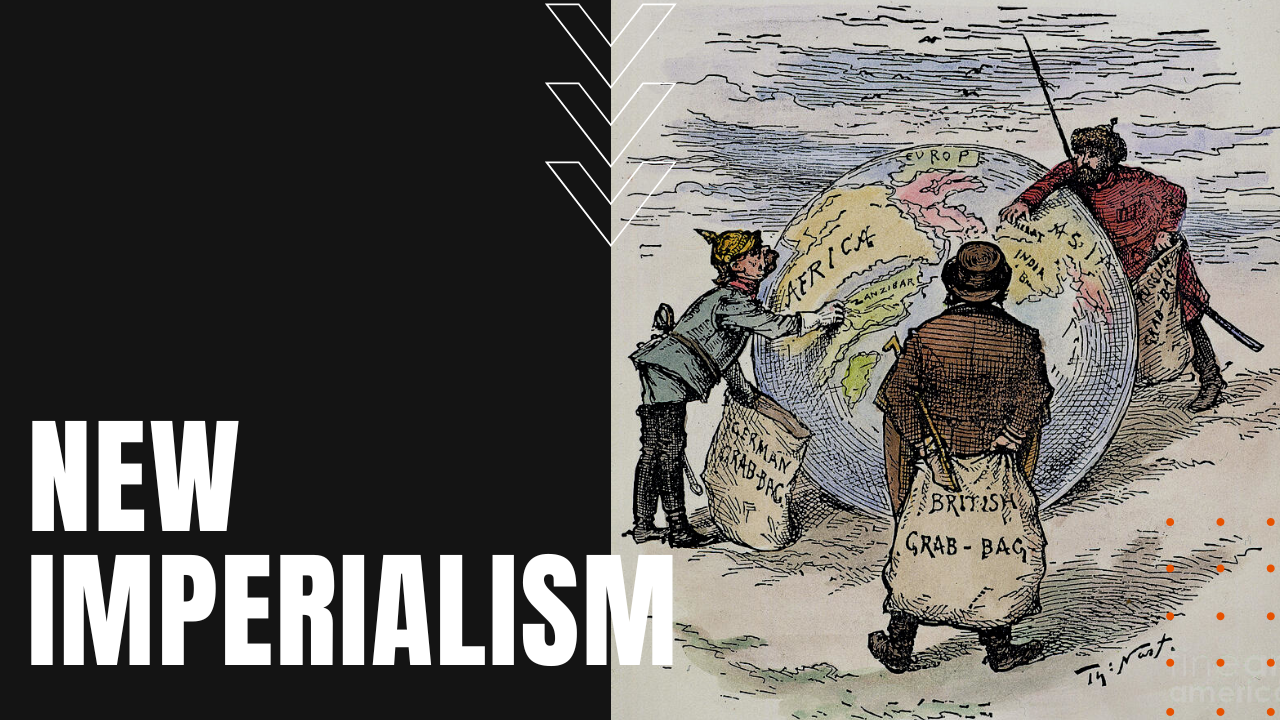New Imperialism and The White Man’s Burden

After the Suez Canal opened in 1869, the shortcut around Africa set off a wave of colonial expansionism that exploded around the world until its abrupt end in 1914, after the start of World War One. Spurred on by European nations and the United States seeking raw materials and fresh export markets for their Industrial Revolution-era products, breakthroughs in medicine, communication and transportation inspired strong nation states to exert control over much of Africa, Asia and Polynesia.
Kipling’s The White Man’s Burden
Now known as New Imperialism, famed British poet Rudyard Kipling penned a satirical seven-stanza poem entitled The White Man’s Burden, in response to America’s annexation of the Philippines and Guam following their victory over Spain during the three-month Spanish-American War of 1898, which in turn led to the Philippine-American War of 1899, when Filipinos resisted the forced takeover of their sovereign nation.
As an imperialist poet, Kipling’s poem encouraged Americans to take up the noble cause of empire building, at the same time warning readers about the high costs in money and lives incurred in the process of building empires abroad. American imperialist leaders, in turn, used the jingoistic phrase “white man’s burden” as justification for foreign colonization, cobbling the term into a mission statement of sorts.
New Imperialism: “A Moral Obligation”
Intent to raise up the uncivilized black or brown peoples of the world, made for a natural extension of the early 19th-century philosophy of manifest destiny. During the New Imperialism era, predominantly white nation-states believed they were morally obliged to civilize the non-white peoples of the earth, encouraging economic, social and cultural advances through colonization of people they felt were incapable of self governance.
While New Imperialism in truth led to improvements to infrastructures, living standards and overall development of third world nations, the period also witnessed a high volume of atrocities committed by European and American overlords that in many ways negated the moral justifications of imperialism, including brutal acts in the Belgium Congo, where an estimated eight million natives died between 1885 and 1908. Neighboring French Congo introduced brutal labor practices and the introduction of foreign diseases that wiped out 50% of the indigenous population, making New Imperialism and the white man’s burden, a period of nationalist land grabs by white racists everywhere.
